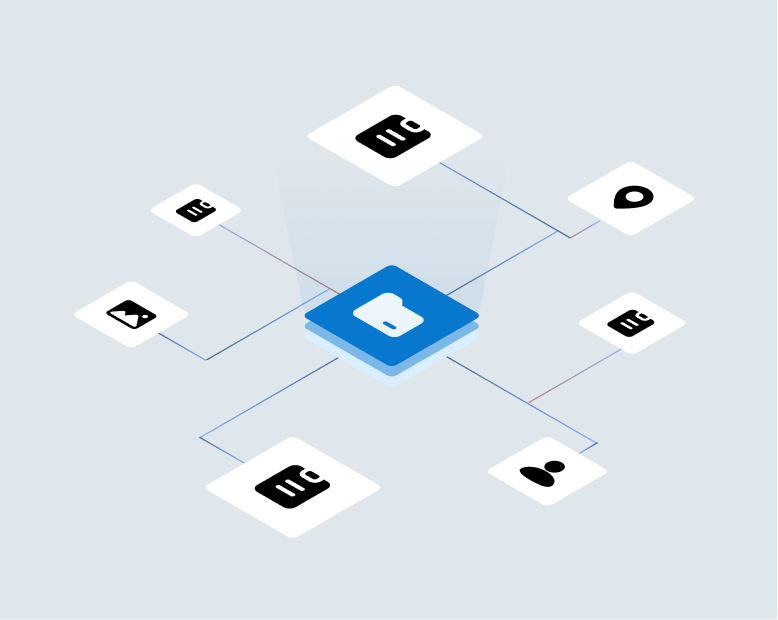In a previous piece we explained] how the billions of dollars auto carriers have been investing in new technology, new distribution channels and expansion appear to be ‘stranded’, unable to deliver their anticipated results largely because the associated up front fraud has been so high. Today we want to explain why the industry’s ‘digital transformation’ efforts been beset by so much fraud?
It’s really very simple: more auto insurance customers are concluding that it is safe to deceive carriers and are finding more and easier ways to do so. It’s a common lament in the IT industry: a new software package is released and all of a sudden it’s beset by hackers taking advantage of ‘holes’ and vulnerabilities. The same holds true for the Auto Insurance industry. In a real sense the industry’s less than honest customers are taking advantage of all of the industry’s change to find new and better ways to ‘hack’ the process carriers use to estimate risk and price policies.
As a general rule, carriers incur a heightened risk of fraud and customer ‘hacks’ when they
- Accelerate the process – usually via automaton. Speeding the request to quote cycle increases a dishonest customer’s ability to ‘wargame’ the carrier’s rating system – they can run quote after quote until they find the ‘best’ manipulation. On the other hand, speeding the application to bind process helps fraudsters by reducing their risk. Once a policy is bound, there is usually very little a carrier can do to recover. So auto insurance hackers like lights out, lightening fast application processing.
- Change the process – including what data and tech are involved. New tools and procedures mean there are new points of vulnerability that can be targeted. A good example is an old one: in an effort to streamline underwriting most carriers have abandoned physical inspection of vehicles. The result has been a significant increase in preexisting damage fraud. A ‘hole’ to be ‘hacked’.
- Replace human interaction with automation. More people are willing to cheat when they are interacting with a screen than they are when dealing a person or a voice on the phone. It’s just human nature. We feel more anonymous and less obligated when it’s just a machine.
This doesn’t mean carriers should abandon their investments and initiatives. They just need to plan for the the serious fraud threats that their efforts will attract and put into place the tools and procedures to protect themselves. Because all change is risky, bearing both rewards and pitfalls. The key is to manage the risk.
We’re VeracityID. Let us show you how our anti-fraud platform helps protect your new auto and home technology, channel and market initiatives from opportunistic customer fraud.


